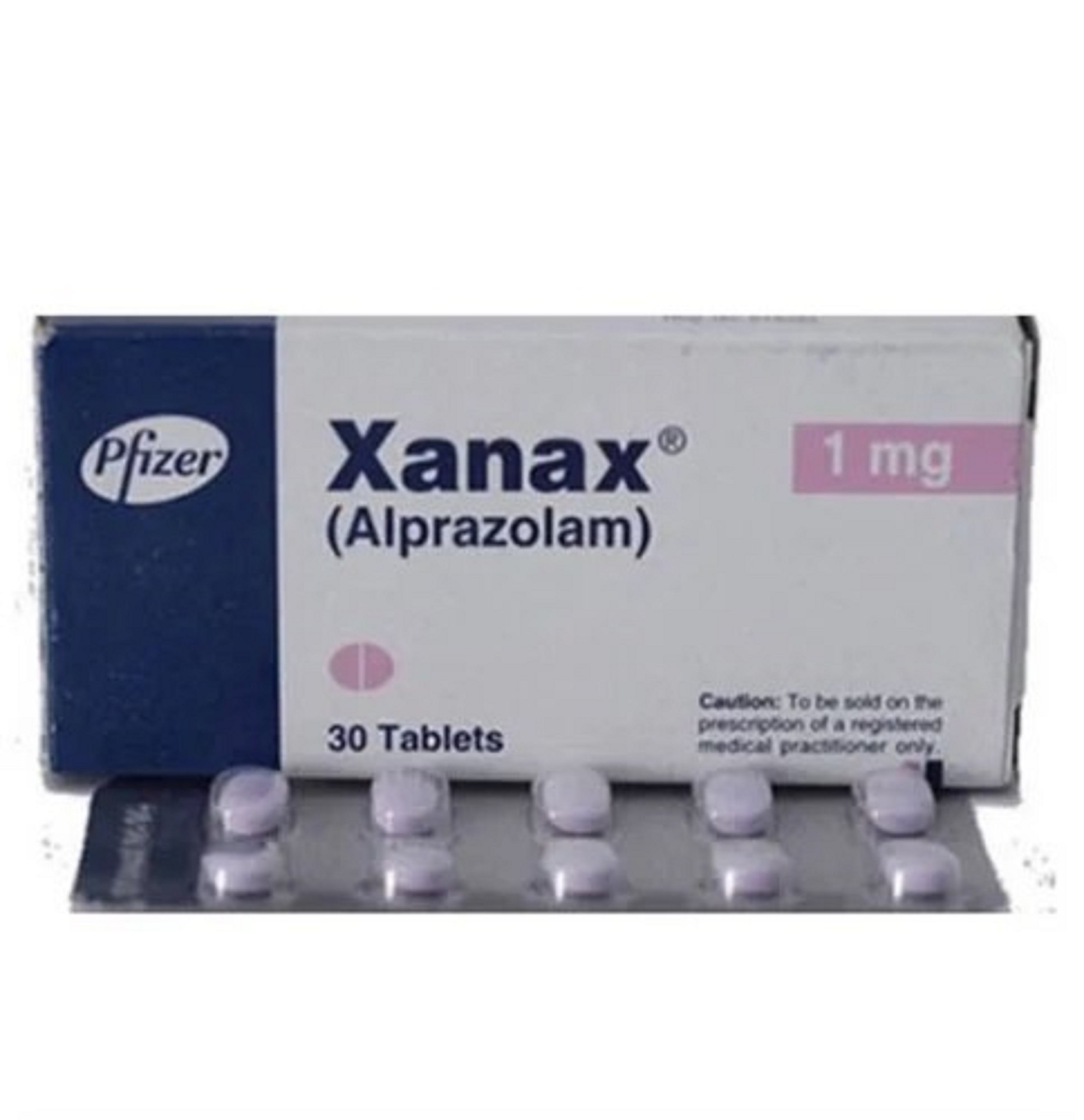Xanax Alprazolam 1mg (Pfizer) – Fast Relief for Anxiety and Panic Disorders
Alprazolam 1mg (Xanax) is a trusted medication for quick relief from anxiety, panic attacks, and related symptoms. As a benzodiazepine, it calms the central nervous system, providing rapid relaxation and peace of mind.
What is Alprazolam Used For?
Alprazolam is a prescription medication primarily used to treat anxiety disorders and panic attacks. It belongs to a class of drugs called benzodiazepines, which work by calming the brain and nervous system. Alprazolam is also sometimes prescribed for other conditions, such as insomnia or anxiety related to depression. However, it should only be used under medical supervision due to its potential for dependency.
How Does Alprazolam Work (Mechanism of Action)?
Alprazolam works by enhancing the effects of GABA (gamma-aminobutyric acid), a natural chemical in the brain that promotes relaxation and reduces overactivity. By binding to specific receptors in the brain, alprazolam increases GABA’s calming effects, helping to:
- Reduce anxiety
- Relax muscles
- Promote sleep
- Prevent panic attacks
This mechanism of action makes alprazolam effective for managing anxiety and related conditions, but it also means it can cause drowsiness or sedation.
Why Choose Xanax Alprazolam?
- Fast-Acting: Provides quick relief from anxiety and panic symptoms.
- Effective: Treats generalized anxiety disorder (GAD), panic disorder, and short-term insomnia.
How to Take:
Take as prescribed, typically 1-3 times daily, with or without food. Dosage varies based on individual needs.
Xanax offers an effective, fast-acting solution for managing anxiety and panic, helping you regain control. Always follow your healthcare provider’s guidance for safe use.
What Are the Most Common Side Effects of Alprazolam?
The most common side effects of Xanax alprazolam include:
- Drowsiness or fatigue
- Dizziness or lightheadedness
- Dry mouth
- Headaches
- Difficulty concentrating
Some users may also experience mild memory problems or changes in appetite. While these side effects are usually temporary, it’s important to consult your doctor if they persist or worsen. Rare but serious side effects, such as mood changes or difficulty breathing, should be reported immediately.





Reviews
There are no reviews yet.